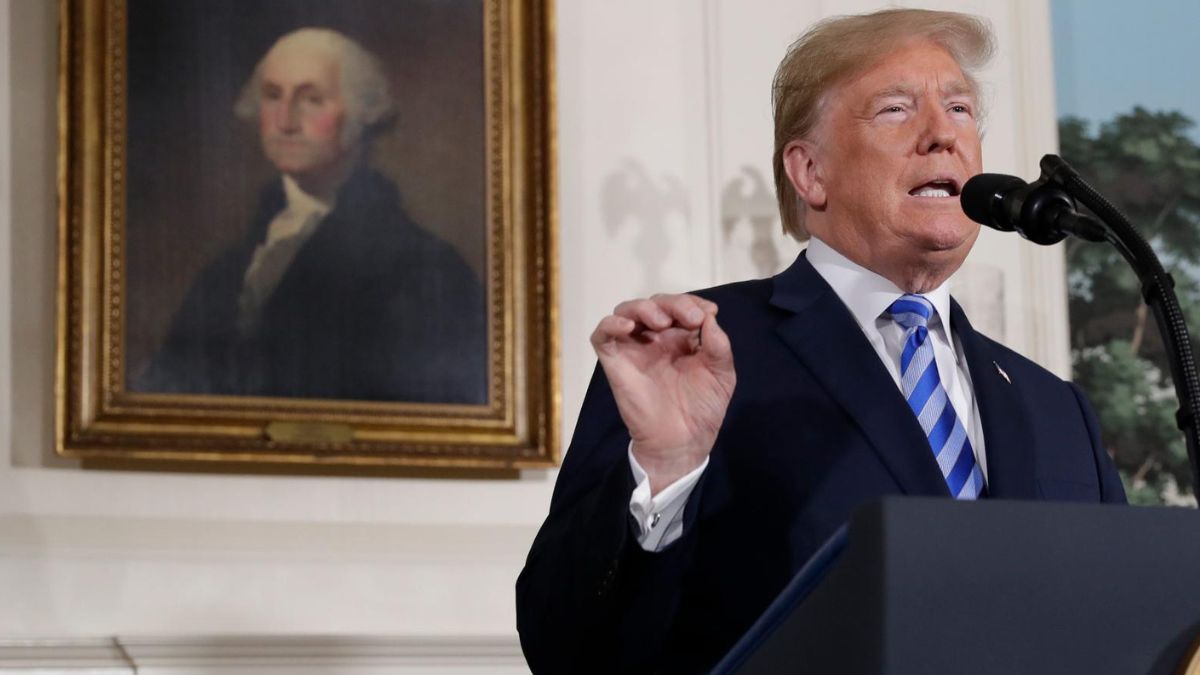As tensions continue to simmer in the Middle East, both Vice President Kamala Harris and former President Donald Trump have expressed their commitment to preventing a full-blown conflict between Israel and Iran. However, with the U.S. election on the horizon, the details of their respective strategies remain largely undefined, leaving voters and international observers alike uncertain about their plans to address this critical issue.
Kamala Harris, who has played a significant role in the Biden administration’s foreign policy decisions, has reiterated the importance of diplomacy in de-escalating tensions between Israel and Iran. She has emphasized the need for a balanced approach that supports Israel’s security while engaging Iran in constructive dialogue to curb its nuclear ambitions. Despite these assurances, Harris has not provided concrete details on how she would navigate the complex geopolitical landscape to achieve these goals.
Donald Trump, on the other hand, has highlighted his record of strong support for Israel during his presidency, pointing to the Abraham Accords as a major achievement in promoting peace in the region. Trump has vowed to continue supporting Israel and applying maximum pressure on Iran, particularly through sanctions. Yet, like Harris, he has not laid out a specific plan for preventing an escalation into open conflict between the two nations.
The lack of clarity from both candidates has sparked concern among foreign policy experts and voters who are closely watching the developments in the Middle East. With Iran’s nuclear program advancing and Israel’s security concerns growing, the stakes are high, and the potential for miscalculation looms large.
Critics argue that both Harris and Trump need to provide more detailed explanations of their plans to manage the Israel-Iran relationship effectively. They point out that the situation requires more than broad statements of intent; it demands a nuanced strategy that considers the interests of all parties involved and the potential repercussions of various actions.
Supporters of Harris believe that her commitment to diplomacy and multilateral engagement will ultimately lead to a sustainable solution, even if the specifics are not yet fully articulated. Meanwhile, Trump’s backers argue that his tough stance on Iran and unwavering support for Israel will deter aggression and maintain stability in the region.
As the U.S. election draws nearer, the pressure on both candidates to clarify their foreign policy positions is likely to intensify. Voters will be looking for assurances that the next president will be able to navigate the delicate balance of power in the Middle East without leading the U.S. into another costly and protracted conflict.


